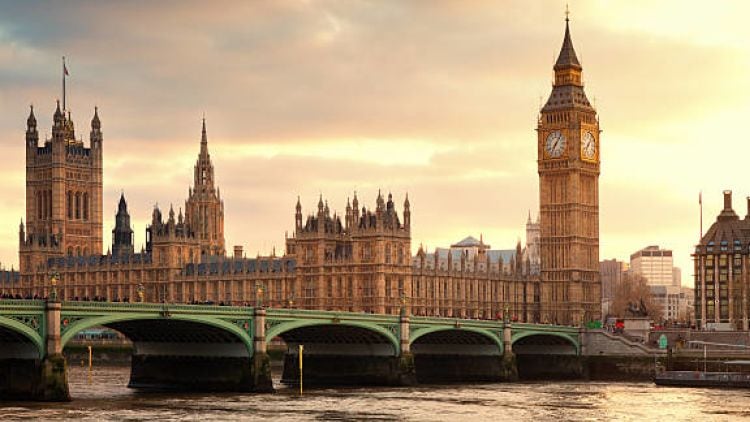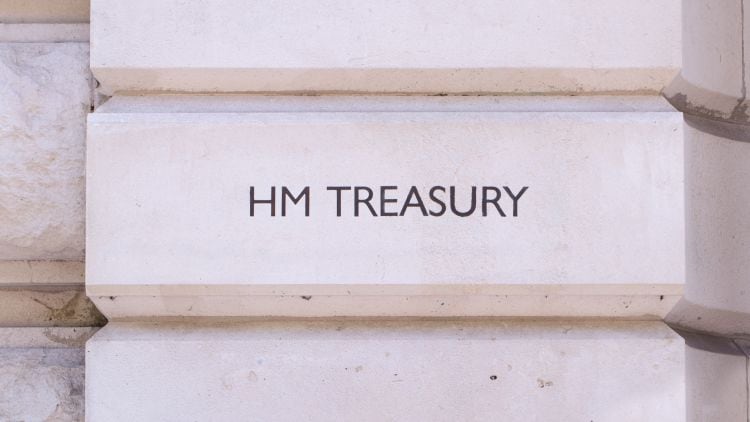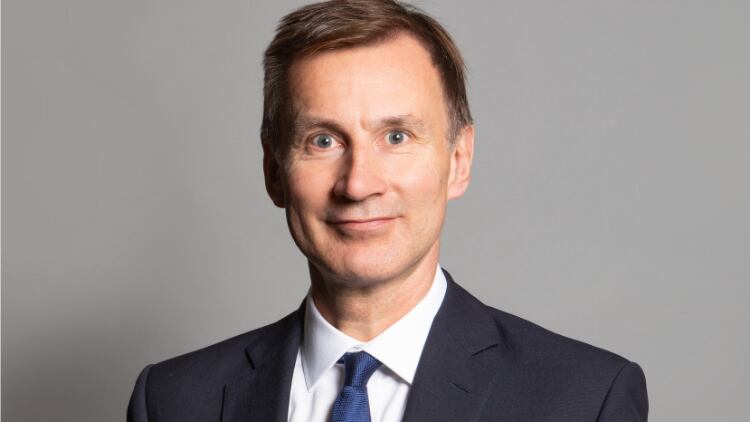Emma McClarkin, chief executive of the British Beer & Pub Association, said: “It is right the Chancellor has acknowledged the need for changes to our business rates system and we welcome the extended and increased relief to 75% for pubs, so they do not continue to be penalised through unfair taxation.
“Urgent root and branch reform is still needed to make business rates fit for the 21st century; the decision not to introduce an online sales tax [makes it seem like] the Government doesn’t recognise the completely archaic nature of the current system.
“The failure to provide any further relief for our industry today will hit pubs, breweries and their customers extremely hard this winter, and will have a devastating, lasting impact on communities across the country.”
UKHospitality chief executive Kate Nicholls said: “I’m pleased the Chancellor has listened to the vast majority of UKHospitality’s proposals on business rates, covering a freeze in the multiplier, extended reliefs and no downward transition. This means those seeing their valuations decrease will see the benefit in their bills immediately, at the same time as increases are capped.
“However, it remains the case that the current system is outdated and not fit-for-purpose. The Government made a manifesto commitment of root and branch review and it’s essential that this delivered as soon as possible.
“It was also encouraging that the Chancellor confirmed that energy support will continue post-April for the most vulnerable sectors, of which hospitality has already been recognised.
“What we failed to hear today from the Chancellor was any plan for economic growth, despite him recognising its importance.
“There is nothing to give firms confidence, let alone invest, and we need to see an urgent plan for economic growth and how business will be at the centre of that.”
Not gone far enough
Night-Time Industries Association CEO Michael Kill said: “This budget has not gone far enough and still lacks clarity, and will without doubt see a huge swathe of SMEs and independent businesses disappear in the coming months.
“When businesses should be preparing for the busiest period of the year, they are now having to consider their future, and will remember the fourth failed attempt to deliver a budget to safeguard businesses at the sharpest end of the crisis.”
The British Institute of Innkeeping (BII) said the statement offers little immediate comfort and small businesses are among the hardest hit.
The BII said: “We welcome the news that business rates relief for the retail, hospitality and leisure sectors will be continued and increased to 75% for 2023 to 2024.
“However, energy price rises are crippling these vital and viable businesses, and while the current Energy Business Relief Scheme offers some support, for many, it is having a limited impact in terms of mitigating the huge cost increases they are bearing.
“While general inflation is at an all-time high, our members have seen price rises for food, drink and other essential goods and services for their venues at a much higher level, throughout 2022.
“While the support for those more vulnerable individuals in the form of a rise in the National Living Wage is welcome for staff, these additional, unavoidable costs for our members, without further support from Government, could be the nail in the coffin for many small businesses.”
The Society of Independent Brewers (SIBA) said there was a lack of clarity on beer duty. Richard Naisby, SIBA acting chairman, said: “They say that no news can be good news and today we see the Chancellor is yet to make a decision on beer duty, or whether it will increase in line with RPI. However, this lack of clarity adds to the uncertainty facing the sector as independent breweries battle significant energy increases, supply issues and a cost-of-living crisis.”
Night-time economy adviser for Greater Manchester Sacha Lord expressed woe at Hunt’s speech.
He said: “Landlords and restaurant owners will be deeply concerned by today’s Autumn Statement.
“We will inevitably see a notable downturn in consumer spending over the coming weeks and months at a time when operators need the most support as they recover from the hangover of pandemic-related debt.
“Disposable income underpins our UK economy and I’m hugely concerned that the policies outlined today will create a severe contraction in the sector. Spending on luxuries such as dining out is naturally the first to go in times of cutbacks and the hospitality sector is wide open to be the first to suffer.”
Grave concern
The SLTA (Scottish Licensed Trade Association) also expressed grave concern for the future of many hospitality businesses.
Colin Wilkinson, SLTA managing director, said: “The Chancellor’s eye-watering Budget leaves the Scottish licensed trade shedding more than just a few tears. There is nothing in it that gives us a fighting chance to get through the next few months – the future is grim.
“We already know from a recent survey that we conducted that some pubs and restaurants are considering closing over the winter period because they are unable to absorb recent sharp increases in energy bills at a time when they are recovering from the pandemic and still paying off debts incurred during Covid.
“We’re really concerned about the future of the industry. We need a lifeline – more needs to be done to help the struggling hospitality sector through the winter months.”
Meanwhile, Hospitality Ulster CEO Colin Neill said: “While it will take time to work out what some of the big figures outlined in the Autumn Statement will mean in reality, the comments on rates and energy support, and the focus on business needs in general and the hospitality sector specifically, shows that he and his team are listening on some critical issues.
“The hospitality sector relies on disposable income and with less money in people’s pockets, businesses are facing the perfect storm heading into the festive period and the busiest time for hospitality. We need to see more economic levers pulled to protect businesses and stimulate growth such as a lower the rate of VAT until we get through this challenging period.”
Robert Hayton, UK President at the real estate adviser Altus Group, has reacted positively to the statement. He said: “This is a Budget for the embattled high street where rents have been in decline for a number of years.
“Next April will now level up regions and sectors which have fared badly while protecting those against exceptionally large increases in tax liabilities. The next part of the puzzle could come as early next week with the publication of new draft rateable values and then businesses will know exactly their rates bills for next year.”




